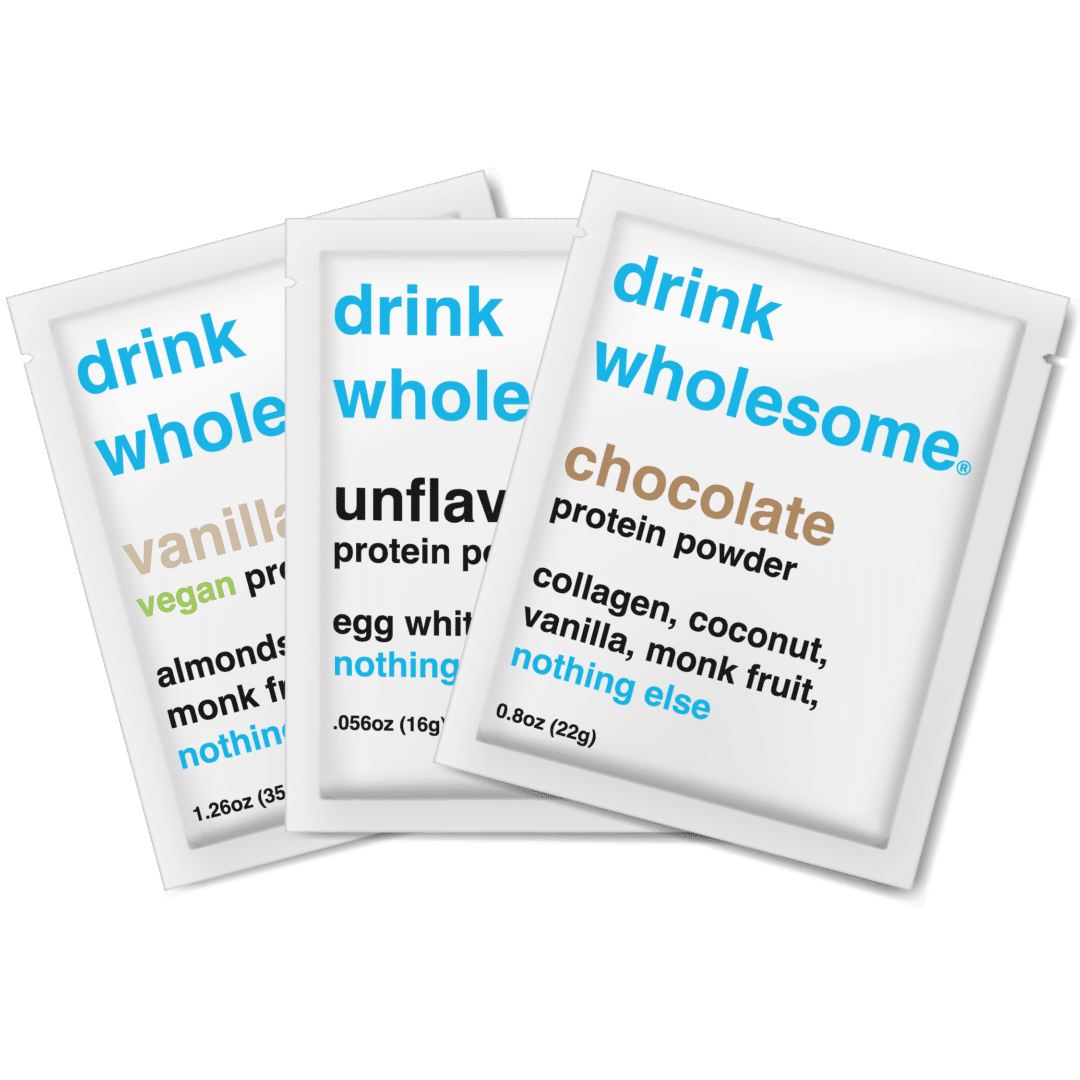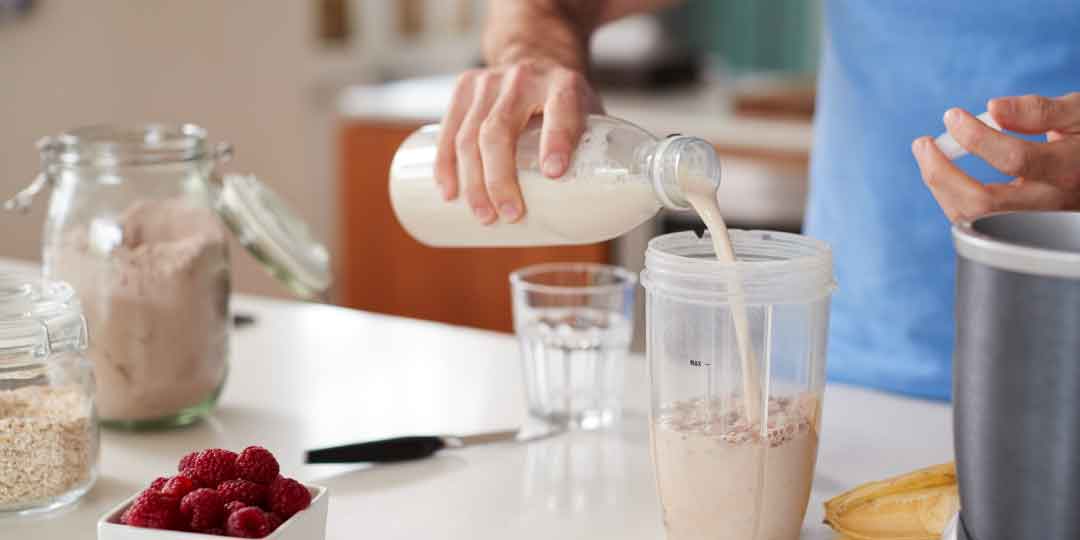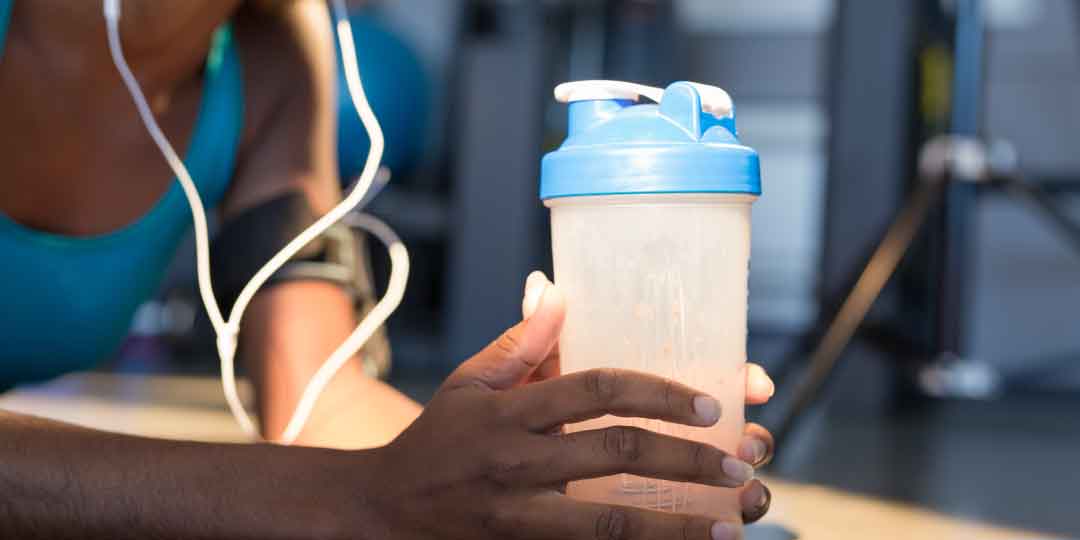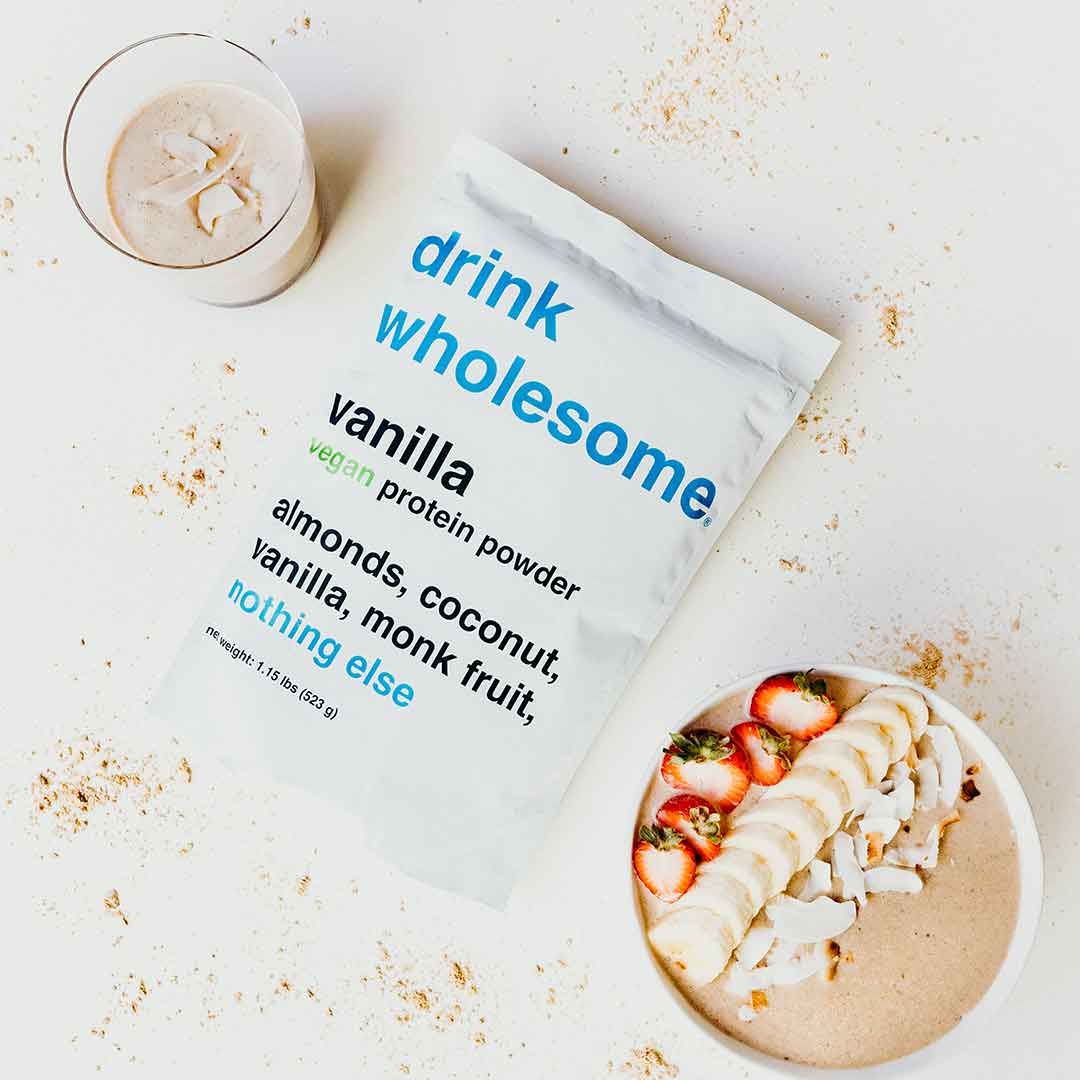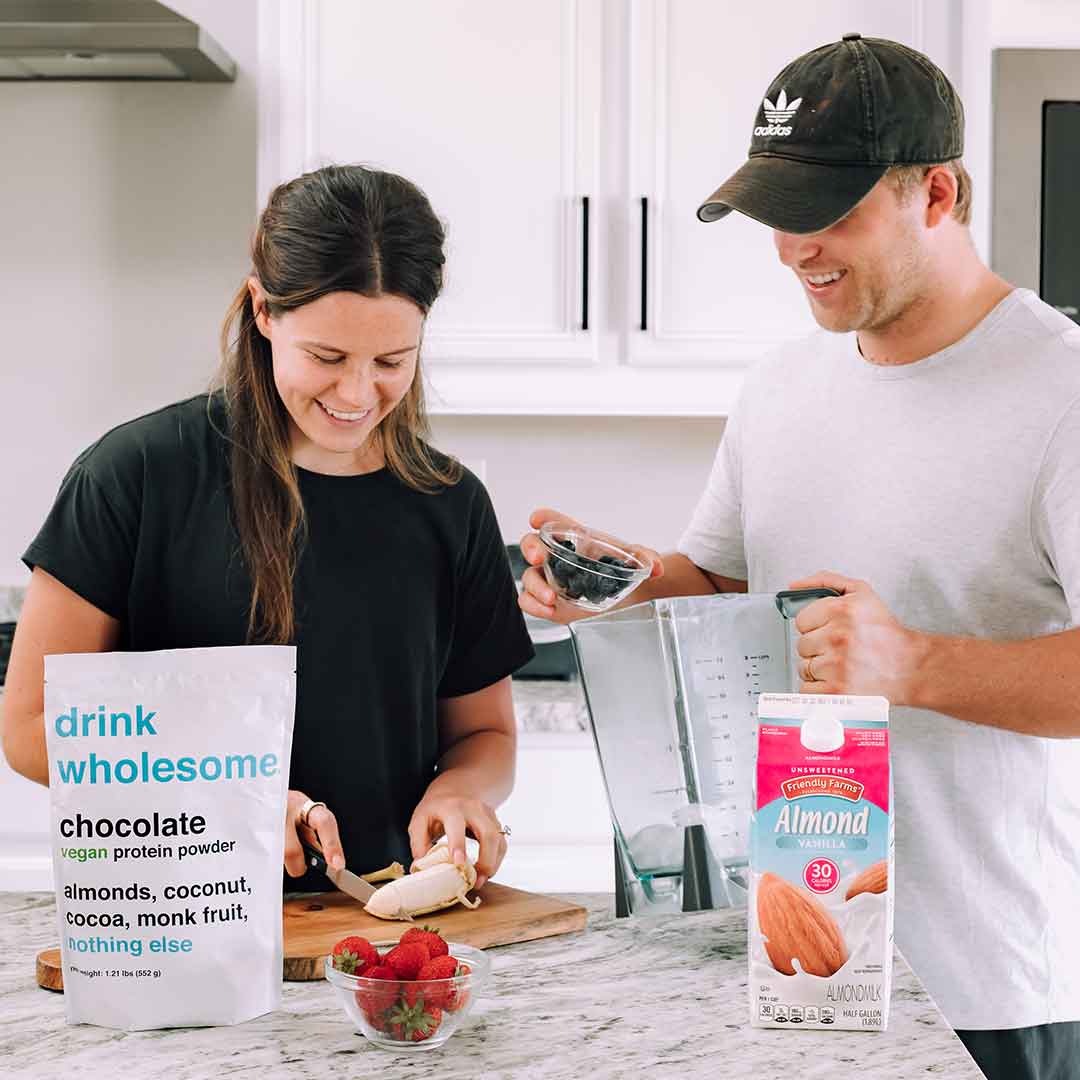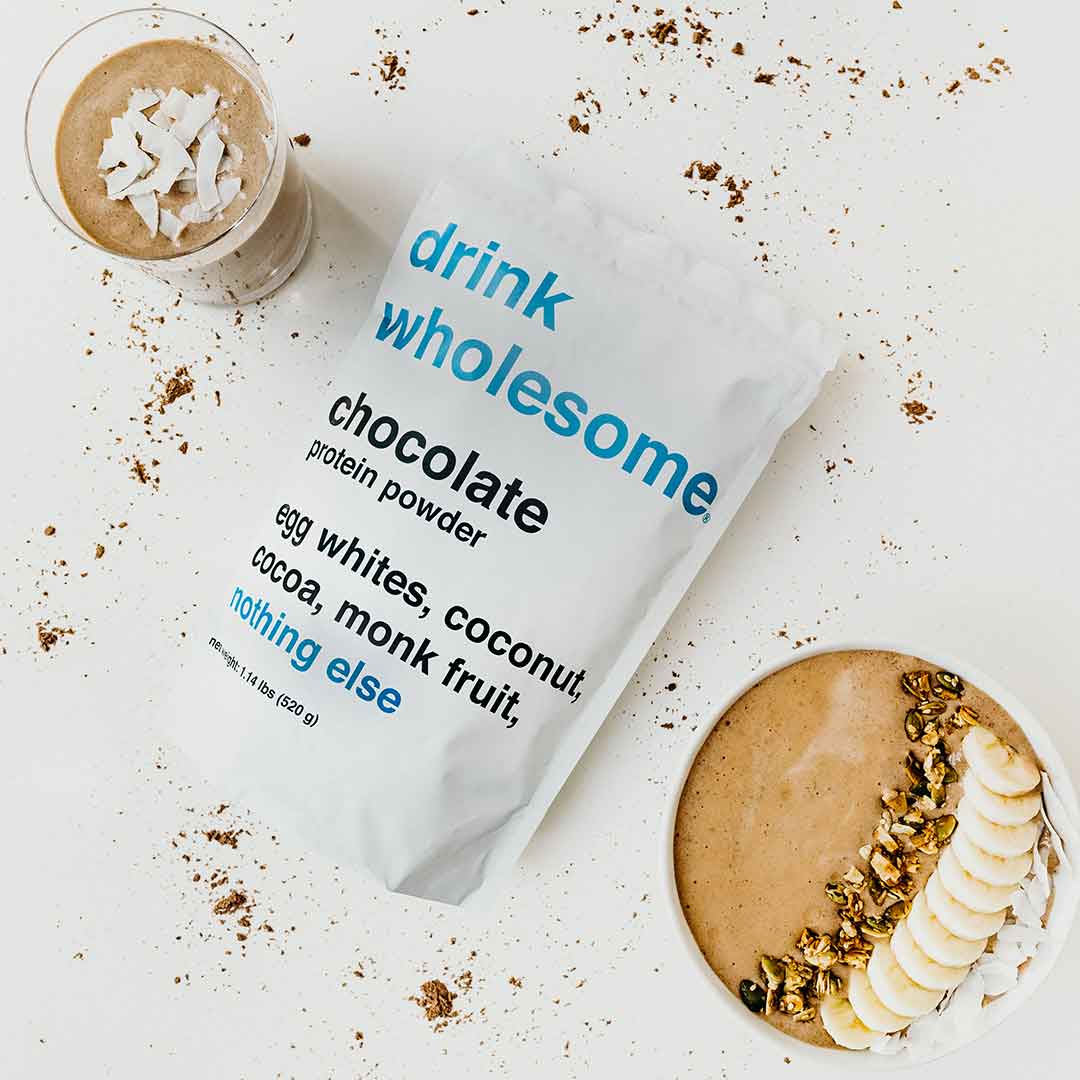Protein shakes can make you feel weird.
Written by Jack Schrupp & endorsed by Baylee Reller, RDN
Why do protein shakes make me feel weird?
Protein shakes make many people feel weird, “off,” or even sick. If your protein powder makes you ill, nauseous, or run to the bathroom, you are not alone. Feeling weird is a common side effect of protein shakes, and is usually linked to gastrointestinal (GI) symptoms. That said, if you feel dizzy or lightheaded after drinking a protein shake, you could have a common condition called postprandial hypotension, which loosely translates to low blood pressure after eating.
Digestion reroutes a lot of blood to your stomach and small intestine, and to compensate for this change, the heart beats faster and harder and certain blood vessels contract. These two actions help maintain blood pressure and blood flow to the brain, extremities, and everywhere in between. In some people, however, the heart and blood vessels do not contract as they should, which causes their blood pressure to decrease everywhere but in the digestive system.
The sudden drop in blood pressure can cause dizziness or lightheadedness. In some cases, postprandial hypotension can also cause nausea. This condition generally only affects one third of older men and women, however, so it is more likely that protein shakes make you feel weird for other reasons.


